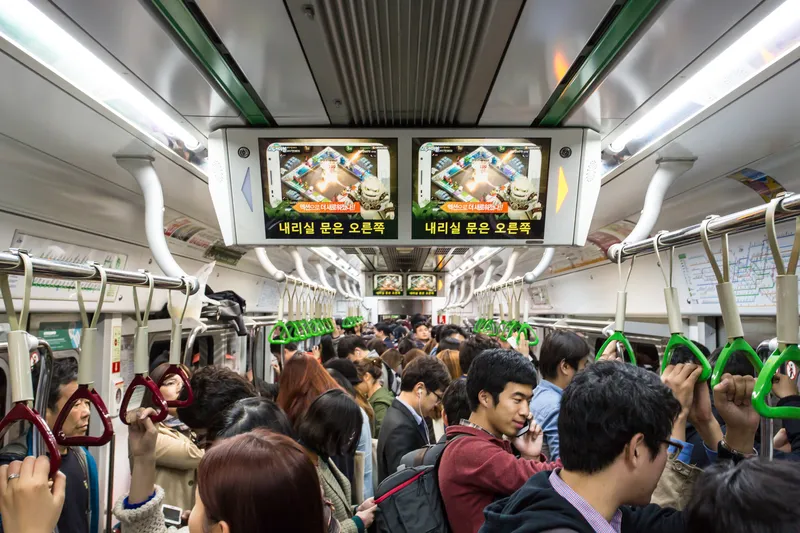The T-Box, from Mentor Engineering, is a state-of-the-art text-to-speech voice annunciation device for fixed-route transit ITS solutions. It provides next-stop announcements and updates onboard LED signs for riders inside the bus. Outside the vehicle, T-Box identifies the route and destination to passengers waiting at a stop when the doors open. Simple to use, the device speaks phrases entered via a text file in English, French, or Spanish, saving agencies time and money on recording studios and voice talen
June 19, 2012
Read time: 2 mins

The T-Box, from 691 Mentor Engineering, is a state-of-the-art text-to-speech voice annunciation device for fixed-route transit ITS solutions. It provides next-stop announcements and updates onboard LED signs for riders inside the bus. Outside the vehicle, T-Box identifies the route and destination to passengers waiting at a stop when the doors open. Simple to use, the device speaks phrases entered via a text file in English, French, or Spanish, saving agencies time and money on recording studios and voice talent. Agencies can preview and fine-tune pronunciations using a desktop-based text-to-speech programme which allows for the creation of custom dictionaries. T-Box will also play pre-recorded WAV files and convert abbreviations into fully spoken text.
In addition, messages can be transmitted in real time to an entire fleet wirelessly, and updates can be performed with low-cost Wi-Fi in an agency's bus yard. According to Mentor Engineering, T-Box removes the need to physically visit the vehicle for upgrades, allowing an agency to achieve enormous time savings.
T-Box will reduce driver distraction by automatically announcing any message an agency may need to broadcast to its passengers. It also monitors ambient noise in the bus and self-adjusts speaker volume to ensure that messages are always heard.
In addition, messages can be transmitted in real time to an entire fleet wirelessly, and updates can be performed with low-cost Wi-Fi in an agency's bus yard. According to Mentor Engineering, T-Box removes the need to physically visit the vehicle for upgrades, allowing an agency to achieve enormous time savings.
T-Box will reduce driver distraction by automatically announcing any message an agency may need to broadcast to its passengers. It also monitors ambient noise in the bus and self-adjusts speaker volume to ensure that messages are always heard.










